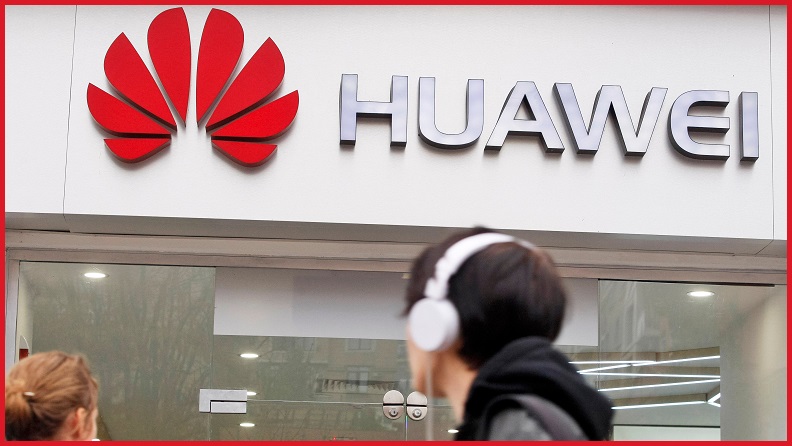Australian telco TPG is feeling the pinch from the Federal Government’s decision to ban Huawei from local 5G networks, being forced to shut down the rollout of its mobile network midway through construction.
In an ASX announcement on Tuesday, TPG heralded the discontinuation of the network, citing “factors outside TPG control” as the cause.
“The principal equipment vendor selected for use in the network was Huawei,” the statement reads.
“A key reason for the selection of the vendor and the design of TPG’s network was that there was a simple upgrade path to 5G, using Huawei equipment.
“In light of the Government’s announcement in late August 2018 that it would prohibit the use of Huawei equipment in 5G networks, that upgrade path has now been blocked.”
Prior to the ban, TPG had poured approximately $100 million into the construction of the network, with 900 of a total 1,500 small cell sites completed.
The telco had been “exploring if there are any solutions available to address the problem” following the ban, but has now determined the situation to be untenable.
TPG Executive Chairman David Teoh said that despite the decision, “TPG remains committed to the planned merger with Vodafone Hutchinson Australia”.
Global pushback
Meanwhile in the US, the Department of Justice (DoJ) on Tuesday levelled a 10-count indictment against the Chinese technology company, including theft of trade secrets conspiracy and attempted theft of trade secrets.
According to the DoJ, Huawei led a “concerted effort” to steal information on a phone-testing robot from American rival T-Mobile.
It is alleged Huawei engineers broke non-disclosure agreements by taking measurements of the robot, secretly taking photos of it and even stealing a piece of the robot itself.
“This indictment shines a bright light on Huawei’s flagrant abuse of the law – especially its efforts to steal valuable intellectual property from T-Mobile to gain unfair advantage in the global marketplace,” said First Assistant US Attorney, Annette Hayes, of the Western District of Washington.
“We look forward to presenting the evidence of Huawei’s crimes in a court of law, and proving our case beyond a reasonable doubt.”
In a Canadian court, Huawei’s global CFO Meng Wanzhou has attended a bail hearing following her arrest last year.
Meng – daughter of Huawei’s founder Ren Zhengfei – is fighting extradition to the US, where the government alleges she was involved in the criminal conspiracy aimed at defeating trade sanctions with Iran between 2007 and 2015.
Her bail was granted at the hearing, with her next scheduled court appearance pushed back to 6 March.
Huawei has denied all of the DoJ’s “asserted violations”.
Following the hearing, Fairfax Media reported Meng was a director of Huawei’s Australian subsidiary between 2005 and 2011.
It is not suggested Meng was involved in any wrongdoing in her Australian role.
To add to Huawei's woes, former Victorian Premier John Brumby handed in his resignation from the Huawei Australia board.
Brumby had served as a Board Director – alongside Meng briefly – for the past eight years.
Huawei Australia Chairman John Lord seemingly tried to indicate that the resignation may have been some time coming, stating “[Brumby] stayed on the board longer than he first intended”.
Pressure builds in the UK
Pressure is now mounting on the British government to follow Australia’s lead and ban Huawei.
Chairman of the Commons Science and Technology Committee and Liberal Democrat MP, Norman Lamb, has written a series of open letters to the government regarding Huawei and accompanying security concerns.
The letters ask government figures to assess the risk posed by foreign suppliers of telecommunications providers like Huawei.
“I share the national security concerns that have been raised about the UK’s communications infrastructure and Huawei’s involvement in this sector,” said Lamb.
“That's why the Committee agreed that I should write to the UK management of Huawei to seek assurances on this matter.”
While the government is yet to take any action against Huawei, local telcos BT and Vodafone have each pledged to not include Huawei equipment in the construction of their respective 5G networks.










